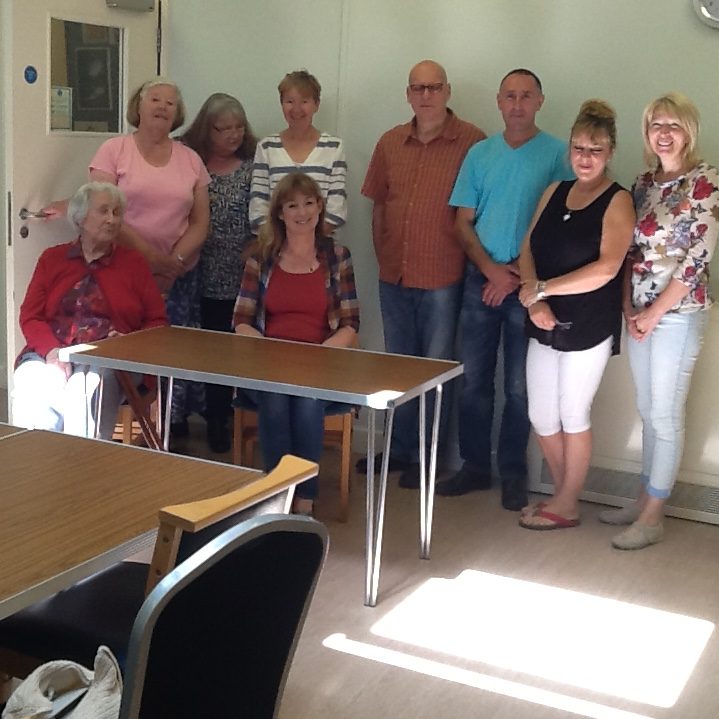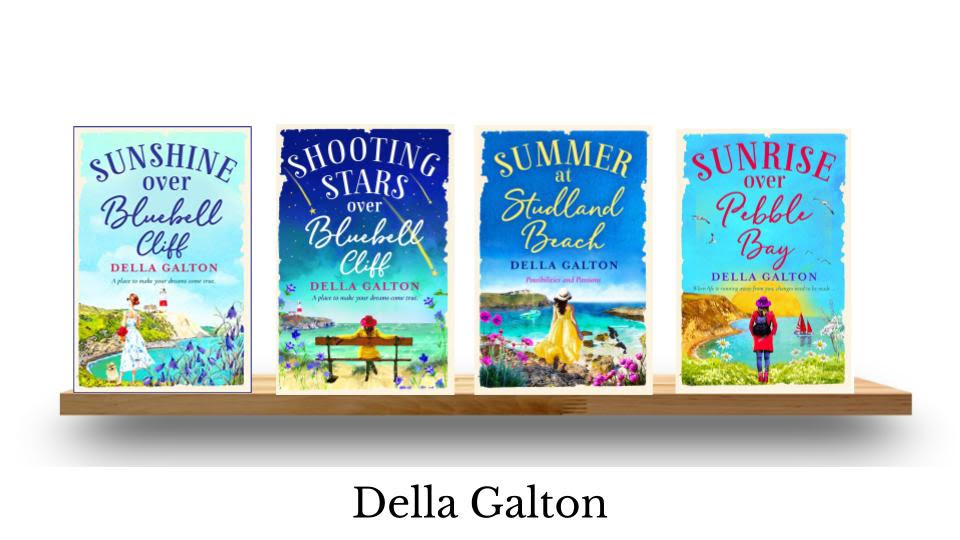This is a question I get asked a lot. Both through my column for Writers’ Forum and also by strangers (and friends) who know what I do. Mostly the people who ask me want to write fiction. (it’s much easier, incidentally to do it if you write non fiction.)
I asked this question of an author 30 years ago and their first reaction was to say, ‘Don’t do it.’ I ignored this slightly tongue in cheek advice and went ahead! Incidentally, it didn’t take long before I had to get another day job in order to pay my mortgage.
The next time I attempted it in 2000 I was more prepared. Preparation is essential, and will make the difference between success and failure. Everyone’s circumstances are different, of course, but here are my top tips for making the switch
- You will need to be already established as a paid writer of fiction (or non fiction if that’s your chosen path). Doing both is a good plan I have found. Getting established takes time so it’s important to build up relationships with editors and publishers before you quit your day job. I had been getting paid for my writing for 13 years before I gave up my day job the second time.
- If possible, don’t give up your day job until your earnings as a writer equal your salary, or come close. Be prepared to live on half your income for a while. If this is impossible, don’t attempt it.
- In the beginning you will need an alternative form of income as well. Then you will have at least some guaranteed income a month (important for bills, mortgage etc). This could be a part time job. It could be savings. It could be a pension. (I had savings and a part time job.)
- Work out exactly what you will need to earn each month. Then work out exactly what you will need to sell each month in order to achieve it. Then write approximately double the amount of pieces that you will need to sell to allow for misses.You are bound to have some.
- Pick a date and hand in your notice. You can always go back if things don’t work out.
This may all sound a little like a tale of caution. So I will add one more thing. Even though I work longer hours than I did while employed, even though it’s very hard at times and I never feel economically secure, writing for a living is still my dream job. I absolutely LOVE it.
Good luck with your journey.
PS if you want to know if your short stories are publishable, (or even if you just want to make them better) why not come along to my course on Sun 26 August and get some feedback on your story.
Venue: Kinson Community Centre, Bournemouth
Time: 10 till 4.00
Cost £40.00
(email me if you’d like further details)





Hi, Della. Excellent advice, as ever. I just wanted to add my perspective. I’ve had five non fiction books published with a sixth on the way, many short stories and articles published but there’s no way, at the moment, I could even consider giving up my school job, even though I would love to to be a full-time writer. It’s just not a financially viable option for me. It’s incredibly difficult to be prolific enough with your writing if you also have another job to make enough money to be able to leave your job to be a full-time writer. I don’t think many people who want to be full-time writers understand that, which Is why your post is so helpful. It seems crazy to me that dispite being published, I still can’t make enough money to be able to give up my school job!
Julie, thanks for that. And yes, you are right. It’s very hard to make a full time living. On the fiction front, you either have to work incredibly hard (and fast) or get lucky. It seems to me to be that way anyway. It was easier to make a living in 1987 when I first tried it. It was harder in 2000 but very possible. Now I’m thinking you need a back up job as well even when you are established. Something writing related is good.
Non fiction and by that I mean feature writing for mags as well as books is easier I think, only because there are many more markets. Anyway, good luck and thanks for commenting.